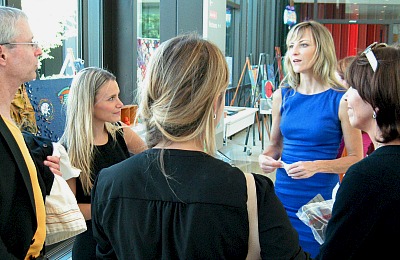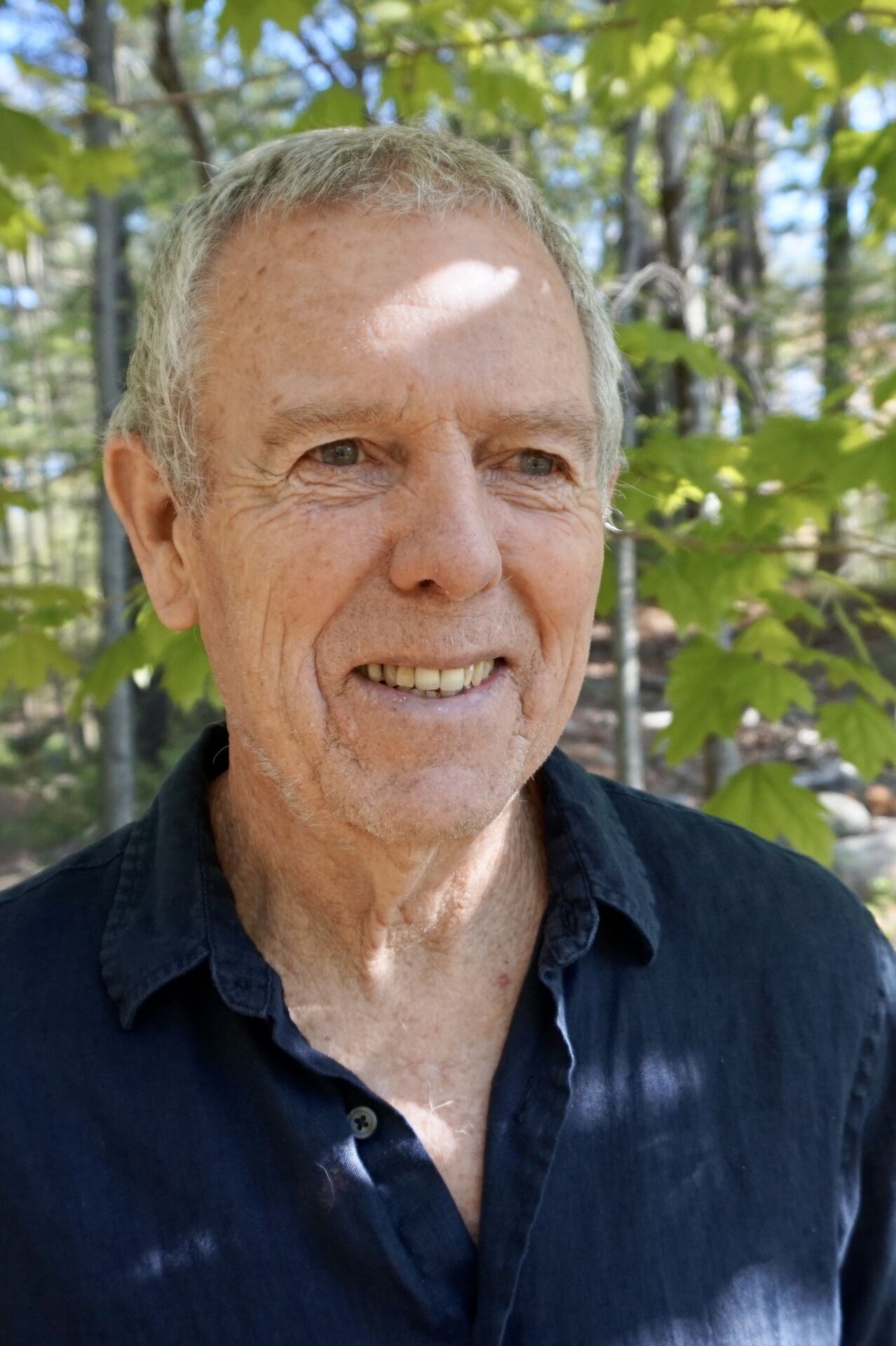Addressing Loneliness and Isolation as an Active Caregiver
Twenty years ago, my wife, Ellen, was diagnosed with a medical condition called Ehlers-Danlos Syndrome, for which there was no known cure. At the time of her diagnosis, there were few medical professionals with the training to provide effective treatments. One major symptom of her condition is chronic pain. My wife of fifty-two years, to put it mildly, had been socially active. She had been a teacher, a high school swim coach, a master swimmer, and a mother of four children. Her time was often consumed with healthy activities of a very social nature. If, as a couple, we had allowed Ellen’s condition to become the controlling factor in our lives, the threat posed by social isolation and loneliness would certainly not have been eliminated.
We hoped to continue an active social life, which had always provided us with personal joy and a sense of fulfillment. Meaningful social interaction was the lifeblood of our lives. We were determined as a couple, to face our new circumstances and hopefully create a new structure to our lives that would provide us with the means to continue to experience the sense of meaning and purpose so critical to our sense of purpose and overall well-being.
Over the past twenty years, Ellen has undergone twenty-eight surgeries, resulting in her being confined to a wheelchair for four years while recovering from the more serious surgeries. We would face these physical challenges by seeking engagement in activities that could accommodate our new life situation. At times, the emotional demands on my wife could be overwhelming as she was deprived of one form of personal expression after another. Ellen would modify her swimming stroke in order to maintain a regular schedule of exercise. Swimming was not simply an exercise. It has always been a vital source of social interaction for us both.
Our Unitarian Church held its services on the second floor of a historic building. For a long period of time, there was no chair lift or elevator, many surgical recovery periods limited Ellen’s ability to climb stairs due to joint instability. For many months, my wife would be carried to the second floor of her church by two strapping young men. It was rather comical and, I might add, a little dangerous. This was yet another example of her perseverance and courage in maintaining her commitment to a vital, healthy social life.
Ellen and I have always followed current events closely. We had never chosen to be politically active. As a result of her medical condition, she would find herself unable to metabolize any conventional pain medications. The only remedy available to treat her chronic pain was medical cannabis or ketamine.
With the suggestion of her pain doctor, she would begin using medical cannabis daily at night in an oil form. The results were quite incredible. Cannabis would allow my wife to regain a healthy level of restorative sleep. It would not eliminate her pain, but would allow her to manage the pain. As a result of her success with cannabis, Ellen and I would become fully engaged politically in supporting and expanding the availability and affordability of medical cannabis nationally. This political activity would serve to complement our efforts to maintain a healthy level of social engagement.
I believe that as a caregiver I would come to understand the extreme threat social isolation and loneliness posed to my wife and all patients suffering from chronic, (often incurable) illness. Caregivers must often rely on their intuition to attempt to maintain a sense of their patient’s emotional state. Chronically ill individuals need comfort and at times pressure applied lovingly to support them in maintaining a focus on dealing with the critical issue of isolation and loneliness. Caregivers must accept the role of “comforting motivator”.
I believe that the most challenging problem for chronic pain patients is the battle to remain relevant, to accept the fact that with your condition, you may be a transformed person. As a result, you may need to develop a new community or perhaps interact with your current community differently. The bottom line for me is that a lack of social engagement can lead to alienation, loneliness, and, in all likelihood, a downward spiral in your physical and mental health. If chronic pain patients fail to develop a comprehensive plan to address the impact of their chronic condition, they do indeed risk the very real possibility of being overwhelmed by the negative and emotional impact of alienation and loneliness.
Stu is the Co-Director for Cannabis Advocacy for the US Pain Foundation

